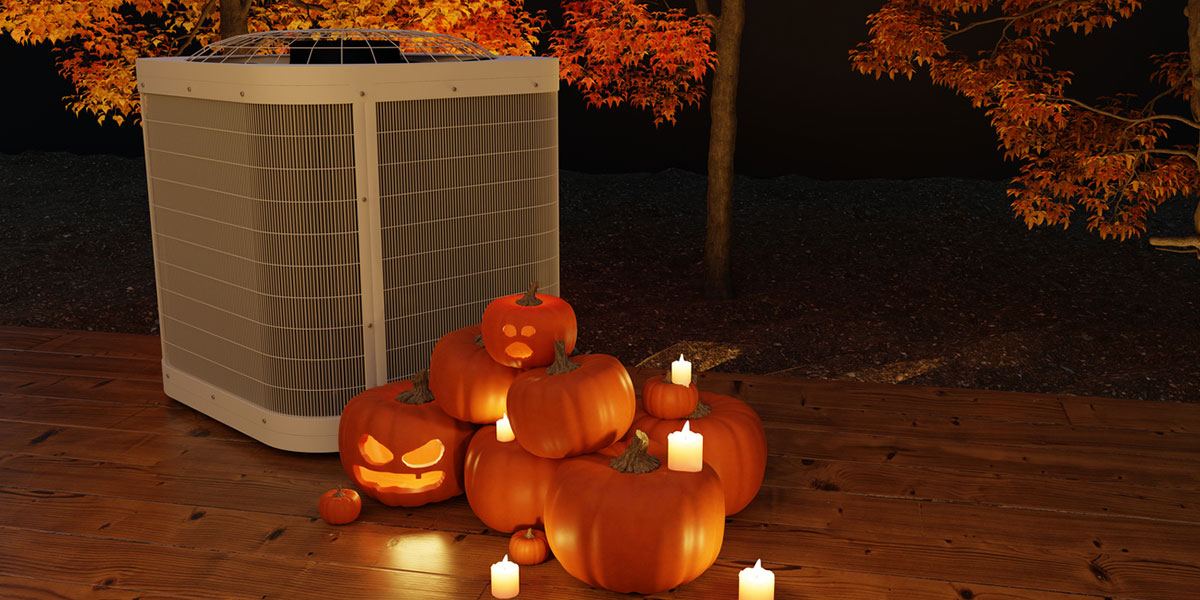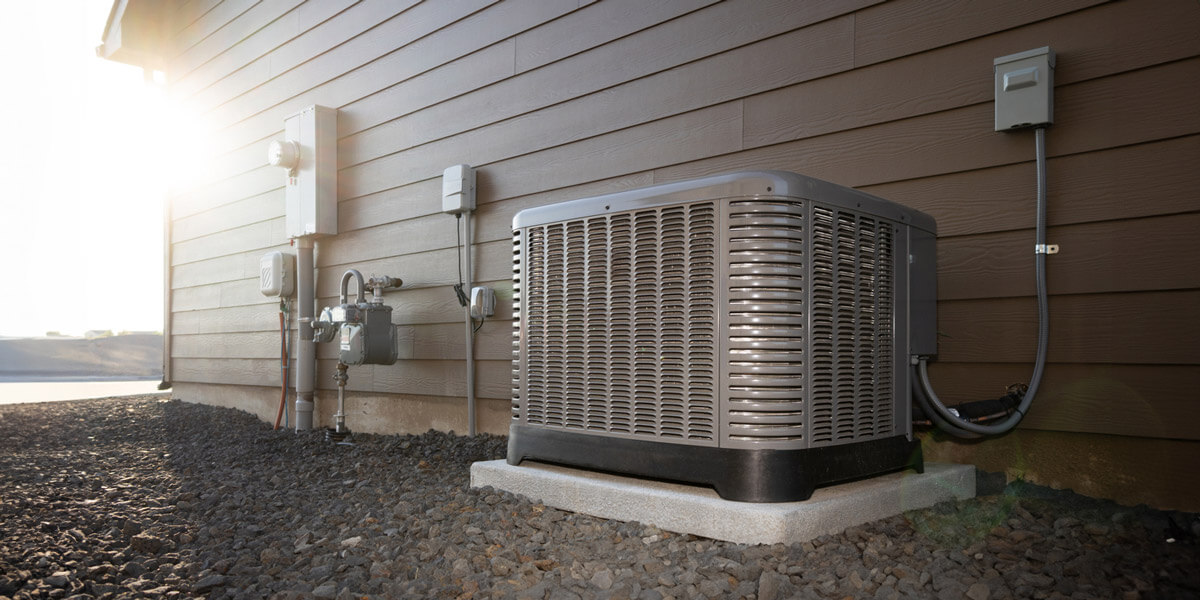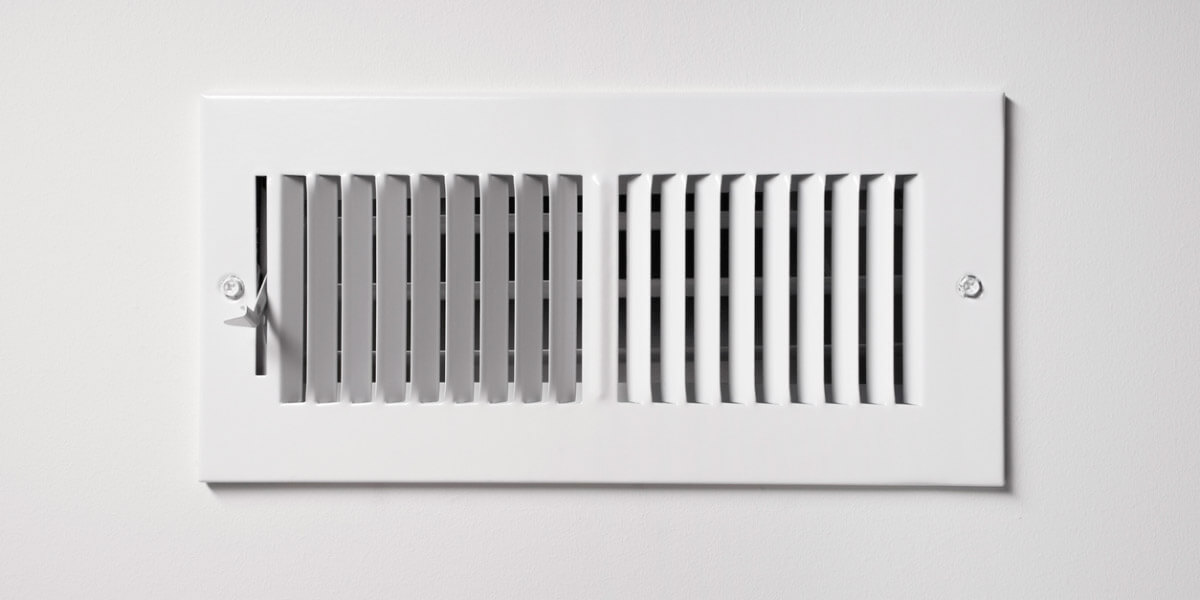While Arizona is renowned for its sun-soaked days, both existing residents and newcomers to the Valley of the Sun are often surprised when chilly temperatures suddenly creep in during fall. Even in the heart of the Sonoran Desert, nights can become unexpectedly cool. That’s why it’s crucial to ensure your heating system is ready to perform when temperatures drop.
The First Fire Up: What to Expect
After many months of inactivity, turning on your heater for the first time can be an event in itself. Here’s what you might experience and what it could mean.
1. The Burning Dust Phenomenon
Don’t be alarmed if you detect a burning odor when you first switch on your heater. This is typically just accumulated dust burning off and should dissipate within 15 to 30 minutes. However, if the smell persists, it could indicate a more serious issue that requires professional attention. You may also notice drier air in your home as heating tends to reduce indoor humidity levels.
2. The Symphony of Startup Sounds
Heating systems often make some noise when starting up after a long break. Mild thumping or clunking is generally normal. But if you hear loud bangs or persistent unusual noises, it might signal problems with components like the ignitor. In such cases, it’s best to consult with your local HVAC professional.
3. The Rising Utility Bills
Your energy bills may increase as your heating system begins regular operation. Some rooms may warm up faster than others. You may notice the HVAC thermostat cycling more frequently as the system adjusts to maintain the desired temperature in cooler conditions.
4. The Cold Spots Phenomena
Uneven heating can result in cold spots throughout your home. This may be due to blocked vents, insufficient insulation, or a malfunctioning thermostat.
While Arizona’s winters are mild compared to many places, they can still pack a surprising punch. By preparing your heating system now, you’re investing in your comfort for the cooler months ahead. Remember, in the world of HVAC, prevention is always your best bet.
Bruce’s Is Here for You
Ensure your home stays warm and welcoming throughout Arizona’s cool season, no matter what surprises the desert weather might bring. If you’ve noticed ongoing or new issues with your HVAC system or haven’t scheduled your HVAC tune-up, now is the time to call. Contact Bruce’s Air Conditioning & Heating today at 480-968-5652 for your appointment. Our technicians are available 24/7.
















